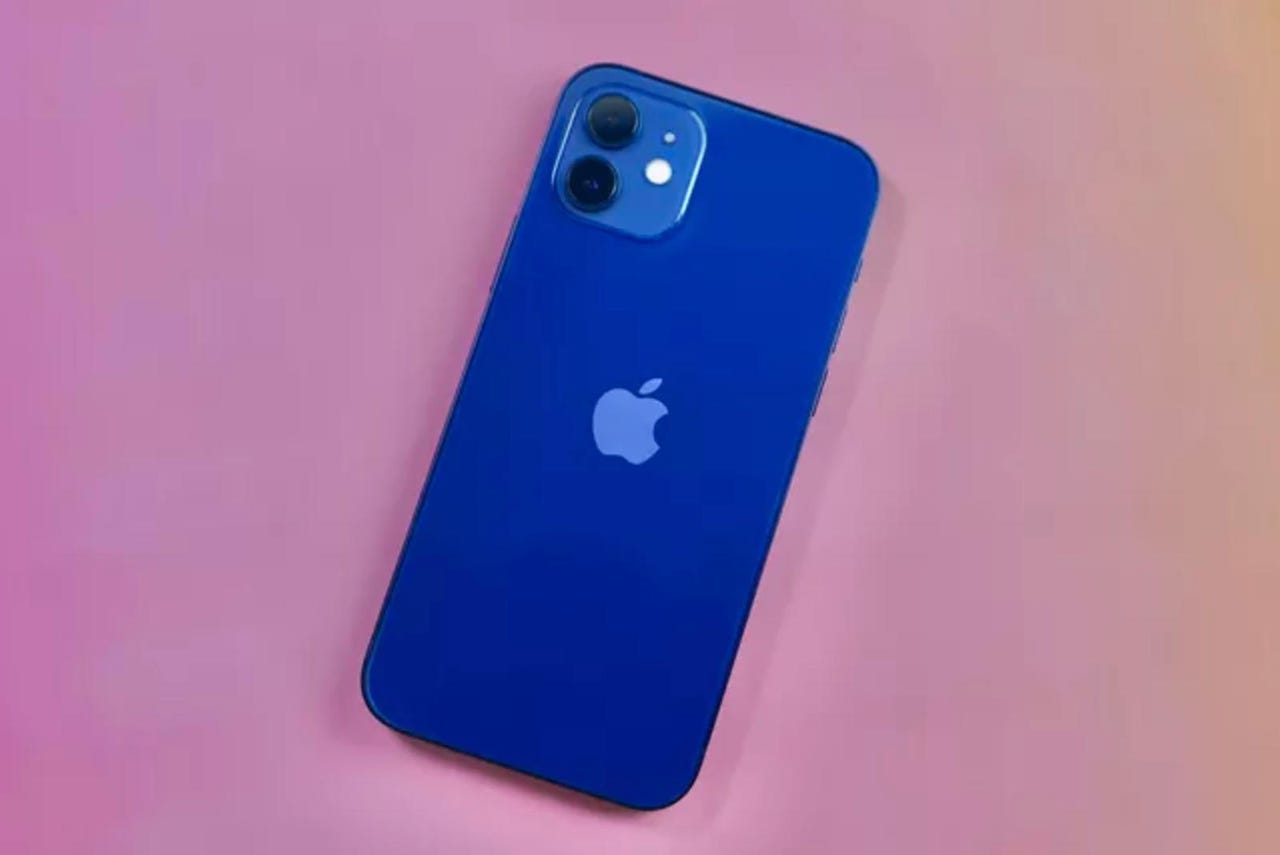'ZDNET Recommends': What exactly does it mean?
ZDNET's recommendations are based on many hours of testing, research, and comparison shopping. We gather data from the best available sources, including vendor and retailer listings as well as other relevant and independent reviews sites. And we pore over customer reviews to find out what matters to real people who already own and use the products and services we’re assessing.
When you click through from our site to a retailer and buy a product or service, we may earn affiliate commissions. This helps support our work, but does not affect what we cover or how, and it does not affect the price you pay. Neither ZDNET nor the author are compensated for these independent reviews. Indeed, we follow strict guidelines that ensure our editorial content is never influenced by advertisers.
ZDNET's editorial team writes on behalf of you, our reader. Our goal is to deliver the most accurate information and the most knowledgeable advice possible in order to help you make smarter buying decisions on tech gear and a wide array of products and services. Our editors thoroughly review and fact-check every article to ensure that our content meets the highest standards. If we have made an error or published misleading information, we will correct or clarify the article. If you see inaccuracies in our content, please report the mistake via this form.
My iPhone battery kept draining. Apple accidentally gave me a clue


It's innocent.
Gadgets are like people. They get old. They slow down.
Gadgets do it faster, so there's a certain expectation that, after 18 months, your phone simply isn't the same.
I thought my iPhone 12, however, was a reasonably sturdy thing. Until, that is, it began to lose energy like a backup point guard who's been traded 13 times.
Something weird was happening. My iPhone usually had excellent battery life for me; I often didn't have to charge it all day.
Then one Sunday morning, I got an alert from Apple. I signed up for the alerts to monitor my screen time, in the forlorn hope I could reduce it.
This alert told me I'd been using my iPhone for an average of more than 17 hours a day in the previous week.
I may have some issues -- regular readers will know they are many -- but I was fairly sure I'd not been staring at my phone screen for all but seven hours a day. I ignored the alert, of course. I was busy. Clearly, Apple had bungled. Apple does bungle sometimes, right?
The following Sunday, I got another alert telling me my iPhone usage had gone up to 18 hours a day. I began to wonder whether I'd been accidentally ingesting deleterious substances that were altering my sense of time.
It crossed my mind that the culprit may have been a nefarious app, as suggested by my colleague Adrian Kingsley-Hughes in his comprehensive analysis of iPhone battery drain issues. I couldn't, however, think which app might have caused this. I use apps sparingly -- I can't think of any I use for a radically extended period of time.
Still, I clicked on my iPhone's screen time activity data and, oh, look: I'd apparently enjoyed more than 100 hours of the New York Times the previous week.
iPhone
I felt sure this hadn't happened. I feel sure that no one enjoys more than 100 hours of the New York Times a week, not even people who work at the New York Times. Fortunately, Apple has a tool that allows you to limit the amount of time you spend on any site. I concluded that five minutes of Times time a day was enough.
But my screen time wasn't lowering.
The following week, I'd apparently acquired an obsession with Variety -- a 100 hours-a-week obsession. Please, I have enough drama in my life already. Why would I want more? Again, Variety was put on the five-minute diet.
However, as the weeks went by, my iPhone insisted I was spending ungodly amounts of time on YouTube, the Wall Street Journal, and even Australian news site news.com.au.
None of this had happened. Or, at least, none of it had happened with my knowledge. So all these went on the five-minute diet, and my screen time numbers magically dropped. Temporarily.
A couple of Sundays ago, I verged from screen time to scream time. Apple told me I'd apparently viewed 115 hours of Gawker in a week.
I tried to discover the common denominator among all these sites. This was like trying to discover the common denominator among a serial killer's victims on a TV cop show.
Here's what I've concluded: I'd looked at a video on each of these sites via Flipboard. More often than not, I start to look at a video and quickly decide I know where it's going. So I flip away from that page and carry on flipping through other miserable news.
It seems, however, that this allowed videos on these sites to autoplay ad infinitum -- to the joy, dry humorists might think, of their ad sales team.
This isn't to blame Flipboard or any of these sites. In tech, random events occur, despite the best efforts of engineers.
Still, I contacted Flipboard to ask about this joy. A company spokeswoman told me that the company hadn't heard of this happening before. She was clear that this shouldn't be happening and kindly opened a ticket for engineers to investigate.
First look: Apple 'Peek Performance' event in pictures
I'm now told engineers are testing a potential fix.
Still, now I have to monitor not only my screen time activity but also change my flipping behavior.
Meanwhile, my iPhone looks up at me and snorts: "See, it wasn't me."